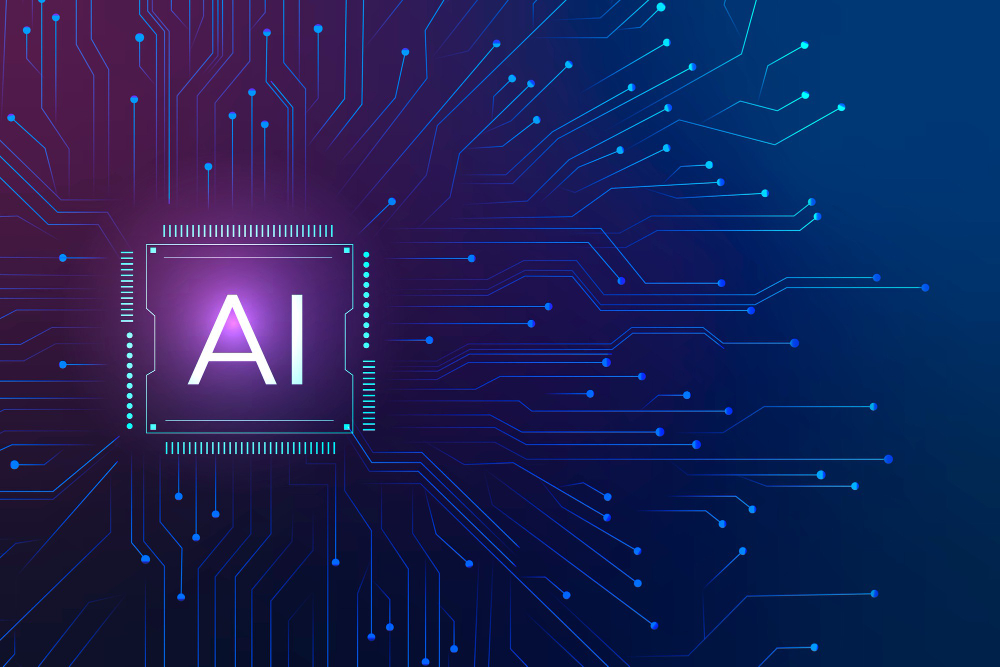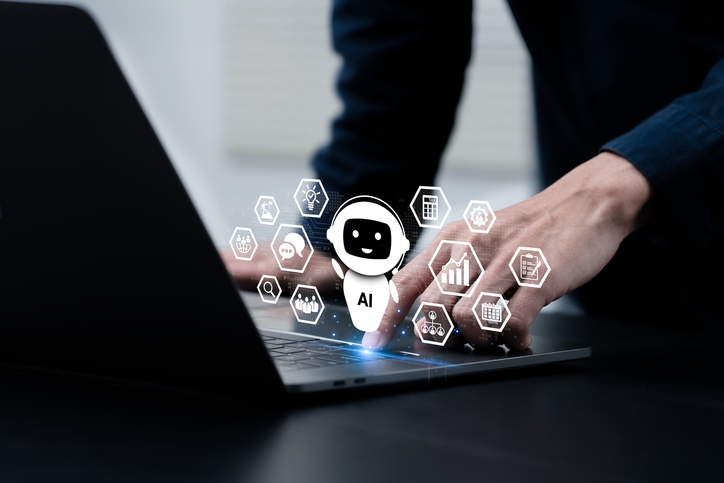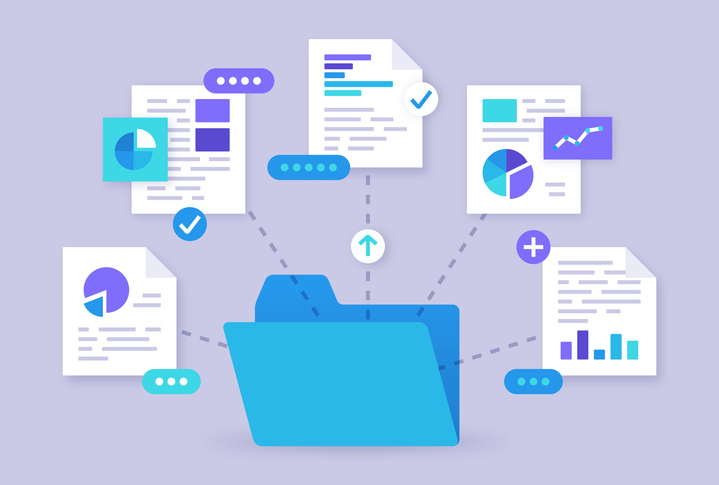During the Covid-19 pandemic, the volume of data generated by online activity has increased by 35%. This isn’t surprising, for during the same period of time, the rate of digital transformation – which includes cloud adoption – at the average enterprise, has accelerated by seven years. With more consumers online than ever before, companies are rushing to better integrate and process data, so they can more accurately anticipate changing preferences and patterns of consumption. At the same time, however, companies are also searching for ways to keep this big data – much of it personal and sensitive – safe.
Now that millions more people are working from home, data is being transferred through the cloud and across public and private networks in unprecedented volumes. In many cases, data is even being stored and processed on employees’ own devices, as companies move at speed to distributed computing.
To thrive in this accelerated, distributed and hyper-connected digital marketplace, companies must realise the value of their data while also keeping it secure in a dynamic, rapidly changing environment.
Only with the assistance of automation and artificial intelligence (AI) will it be possible for organisations to achieve both of these things.
Migrating to cloud: solving the big data problem
Even human intelligence needs help creating meaning from data
There are currently between 40% and 60% fewer job candidates with data-science skills than there are jobs in the US that require those skills, according to research by PwC. So, even if it was possible for humans to process today’s massive data volumes with the necessary speed and attention to detail, there aren’t enough qualified humans to do the job.
Every day, Internet users generate 2.5 quintillion bytes of data. Simply put, the only way to spot patterns in that kind of volume of data is with artificial intelligence.
With the right AI, you can capture data as it is generated, accurately use metadata to sort it into useful categories, and then process it all to spot patterns at scale and speed. Once you’ve done this, AI augmented human teams can work to derive meaning from these patterns, enabling you to make better decisions, and take action to seize the emergent opportunities you discover.
This means, that with the right approach to data and AI, the right cloud technology – and the right human skills, modern enterprises can:
- Automate the discovery, categorisation and organisation of data, helping to bring it into the production environment faster, often in real time.
- Use enterprise-wide metadata management – across technical, business, operational and other functions – to improve data organisation, visibility and availability.
- Accurately forecast customer preferences and market behaviour using predictive analytics to spot trends before they fully develop.
- Free IT staff and data specialists from more mundane and repetitive tasks, so they can concentrate on higher value adding activities.
Leading data specialists are now moving beyond relying solely on machine learning, to incorporate genetics algorithms, designed to evolve over time, and other AI-based models which enable continuous improvement.
As your enterprise evolves, the systems which underpin it can become successively more intelligent and better adapted to the job of adding value to the business.
Venturers Club Roundtable: how AI startups can create the right culture for talent
Access the capabilities you need
In a competitive market for talent, accessing the skills and technologies required to keep up with the post-Covid data expansion, is challenging. Often the best way to do so at speed, while avoiding prohibitive set-up costs, is to work with specialist external partners.
Such a partner should have the skills and experience necessary to help you with all aspects of end-to-end implementation, from data cleaning, to training and optimisation. It should also have the scale and longevity to work with your enterprise across the whole range of its activities – for the long term.
Get all this right, and your organisation can leverage the power of data and AI to not only rebound from the pandemic but innovate to drive your business forward.








